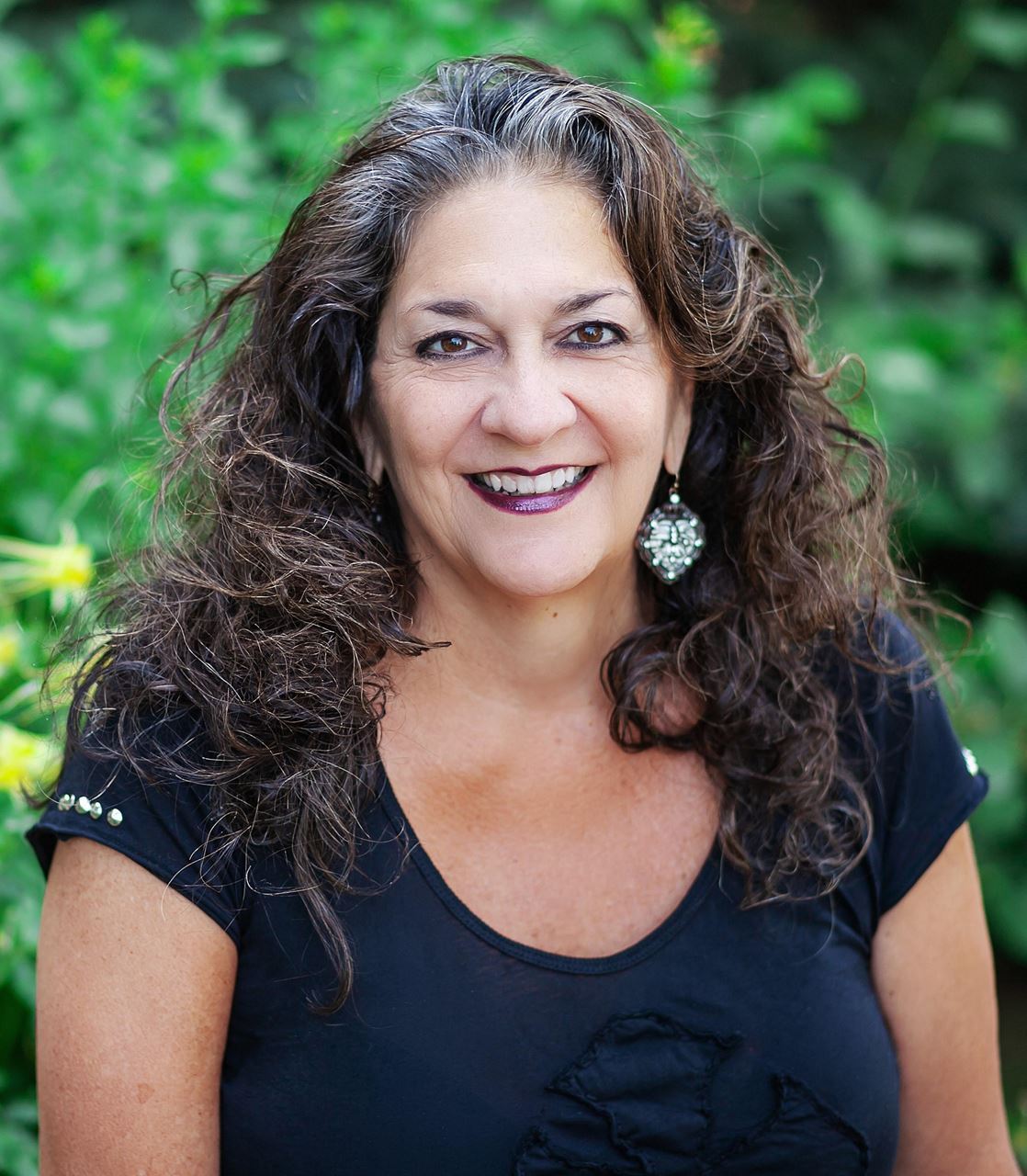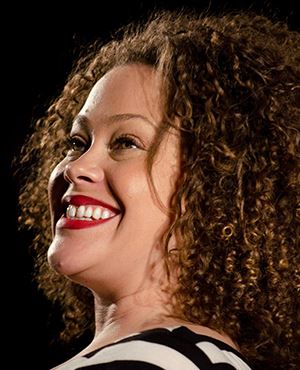About a week after “safe-at-home” became the way we play the game of life, we were visited by a storm. This shushing, persistent deluge of white noise lasted through the night and late into the next morning.
I awakened to an unexpected, uninvited guest. Something told me to inspect the basement, where I was greeted by at least ten inches of sewer water. This guest had entered through the drain in the cellar floor, and vandalized the place.
Floating in that nastiness were craft and workshop supplies. Soaked handouts drifted from cardboard boxes, along with twenty years of preschool items, some of my husband’s old tools, things our grown children had left behind, and sundry other items, including the laundry I’d sorted into three baskets—mostly my clothes and all my white underwear.
I numbly summoned my husband. What he said when he met our guest should not be repeated.
Then the furnace and water heater passed out. Fortunately, they didn’t die. An already exhausted heating and furnace repair person returned our call, suggesting we try letting the circuit breakers dry. It was almost midnight. The water had subsided. We prepared to pay for more visitors: appraisers, hauling crews, plumbing aficionados, and the microbial cleaning squad.
Please note: I didn’t say anything about insurance people. “Backup” insurance is a separate entity from “flood” insurance. We had no backup insurance. We do now.
We also lost all the paper items we stored in what we call the “paper closet” under the basement stairs. We’d purchased our usual bulk supplies long before the run on toilet paper. Now our stockpile was gone.
That was a good thing. One young man, dragging items from our basement and tossing them in his truck, said, “It’s a good thing you had all that paper. It absorbed the water and saved your bottom steps.”
Who knew that toilet paper could swell to the size of Miss Muffet’s tuffet? We were grateful for that.
We’re grateful for a lot of things. The basement is clean. It is also dry, dehumidified and sanitized. The water heater and furnace circuit breakers dried out on their own (free!). The house creaks a bit more, as does our budget. But we’re warm, safe and happy. And I have new underwear.
Our unexpected guest helped us realize and appreciate what is important. Life is good. And I hope this guest doesn’t invite himself to our home again.
The Guest House
by Rumi (as translated by Coleman Barks)
This being human is a guest house.
Every morning a new arrival.
A joy, a depression, a meanness,
Some momentary awareness comes
As an unexpected visitor.
Welcome and entertain them all!
Even if they are a crowd of sorrows,
Who violently sweep your house
Empty of its furniture,
Still, treat each guest honorably.
He may be clearing you out for some new delight.
The dark thought, the shame, the malice.
Meet them at the door laughing and invite them in.
Be grateful for whatever comes.
Because each has been sent
As a guide from beyond.
 Joy Roulier Sawyer and Caryn Mirriam-Goldberg’s new class,
Joy Roulier Sawyer and Caryn Mirriam-Goldberg’s new class,  Caryn Mirriam-Goldberg Ph.D.,
Caryn Mirriam-Goldberg Ph.D.,
 Katt Lissard is artistic director and co-founder of
Katt Lissard is artistic director and co-founder of  Caleb Winebrenner is a storyteller, poet, and educator. He holds an MA in Educational Theatre. At both the high school and college levels, he crafts his classes to be engaging events for everyone. Caleb has been a member of the TLA Network Council for several years, and he is chair of the 2019 and 2020 Power of Words conference. He will address how to facilitate and teach for different learning styles and accommodating special needs, speaking both as an educator and from his own experiences of living with cerebral palsy.
Caleb Winebrenner is a storyteller, poet, and educator. He holds an MA in Educational Theatre. At both the high school and college levels, he crafts his classes to be engaging events for everyone. Caleb has been a member of the TLA Network Council for several years, and he is chair of the 2019 and 2020 Power of Words conference. He will address how to facilitate and teach for different learning styles and accommodating special needs, speaking both as an educator and from his own experiences of living with cerebral palsy.
